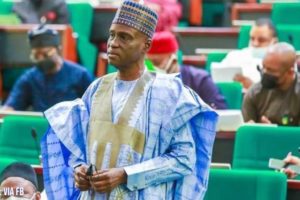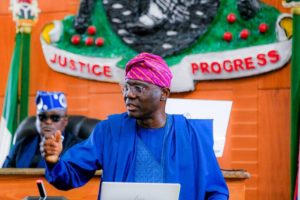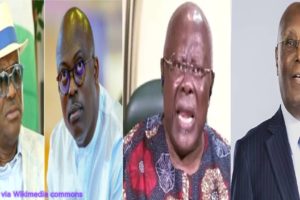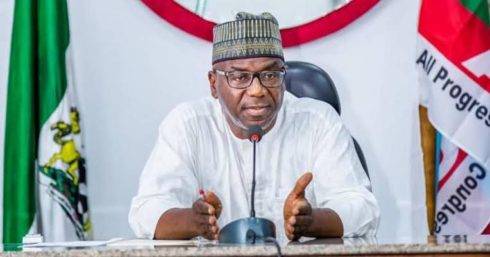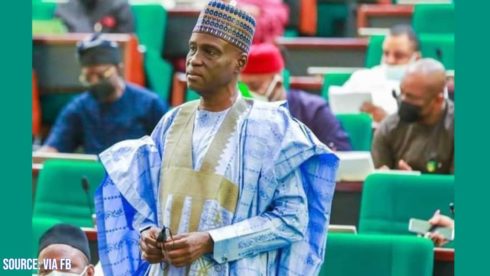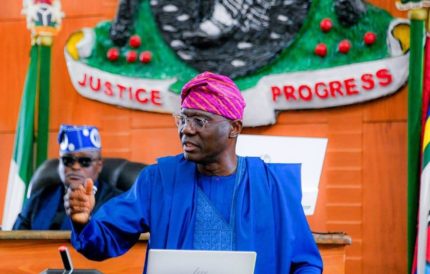The Nigeria Governors’ Forum (NGF) has expressed a clear understanding of the necessity for a revised minimum wage in the country. This comes in response to growing pressures from labour unions advocating for higher wages amidst rising living costs. The NGF has shown empathy towards these demands, recognizing the financial strains that many workers face.
Despite this recognition, the Nigerian Governors’ Forum emphasizes the complexity of minimum wage negotiations. They stress that any wage increase should account for consequential adjustments across all employment levels, including pensioners. The Nigerian Governor Forum advocates for a holistic approach, urging stakeholders to look beyond the immediate goal of raising wages to consider the long-term sustainability of any agreement reached.
Concerns Over the Sustainability of N60,000 Minimum Wage
The Nigerian Governors’ Forum has raised serious concerns about the feasibility of the proposed N60,000 minimum wage. According to the Nigerian Governors’ Forum, implementing this wage hike could have significant financial implications for state governments. They warn that such an increase would likely consume a substantial portion of the states’ Federal Account Allocation Committee (FAAC) allocations, leaving little to no funds for developmental projects.
In extreme cases, the Nigerian Governors’ Forum predicts that some states might resort to borrowing to meet the payroll demands, a scenario that could jeopardize the financial stability of the states. This situation, they argue, would not only affect state economies but also hinder the overall progress and development goals, ultimately impacting the broader society, including the workers the wage increase aims to benefit.
Call for a Balanced and Sustainable Wage Agreement
The Nigerian Governor Forum is calling for a balanced approach in the wage negotiations, one that carefully considers the socioeconomic variables at play. They appeal to all parties involved, particularly labour unions, to seek an agreement that is sustainable, fair, and equitable. The Nigerian Governor Forum underscores the importance of a solution that addresses the needs of workers while also ensuring the continued provision of essential public services and infrastructural development.
The Nigerian Governor Forum’s stance is that any agreement should be durable and beneficial to all sectors of society. By advocating for a realistic and comprehensive approach to the minimum wage issue, the Nigerian Governor Forum aims to foster a more inclusive and stable economic environment. This, they believe, will better serve the collective interests of the nation, ensuring that all citizens can share in the benefits of public resources.
Public Outcry Over Governors’ Forum’s Minimum Wage Stance
The recent decision by the Nigeria Governors’ Forum (NGF) to deem the proposed minimum wage of ₦60,000 as unsustainable has sparked widespread condemnation and debate among citizens and public figures alike. Critics argue that the decision is both insensitive and detached from the realities faced by the average worker in Nigeria.
Social media has been ablaze with comments from various stakeholders. Michael Tommy, a prominent commentator, took to Twitter to express his dismay, stating, “The governors are usually the problem, many of them hide behind the Nigeria Governors Forum to manipulate the conclusions of the meetings. Governor Abdulrasak is paying about ₦50,000 or more; we would like to know those governors and states where ₦60,000 is not sustainable. Let’s have a list of such governors and states.”
Calls for Transparency and Accountability
The debate has also highlighted issues of transparency and accountability within state governments. Pastor Godwin, another vocal critic, accused governors of dishonesty, especially in light of the recent subsidy removal which ostensibly increased their allocations. He pointed out that Edo State is already paying ₦70,000 and questioned the sincerity of the governors’ claims. “Governors are lying. Not after the removal of subsidy with attending increase in their allocations,” he stated.
Nathan Kambal echoed these sentiments, emphasizing the need for due diligence and proper scrutiny of public service operations. He argued that the Federation Account Allocation Committee (FAAC) allocations are sufficient for states to function effectively if managed properly. “What is stopping most states from sourcing their own revenues with the abundant resources available?” he asked.
The issue of ghost workers has also been brought to the forefront as a significant hindrance to financial transparency. Manmam, a social media user, suggested that eliminating ghost workers could free up funds necessary to meet the proposed wage. He lamented the vast income disparity in Nigeria, stating, “The wide gap between the highest and lowest earners in this country is too much.”
As the debate continues, the public calls for greater accountability and transparency in the management of state resources remain loud and persistent, pushing for a minimum wage that reflects the economic realities of Nigerian workers.
Table of Contents
Discover more from OGM News NG
Subscribe to get the latest posts sent to your email.

